Powers On Overcoming Health Issues, Performing At Nationals
Powers On Overcoming Health Issues, Performing At Nationals
With no clear indication of a physical abnormality, Powers believes the stress of his multi-faceted lifestyle may have triggered the condition.
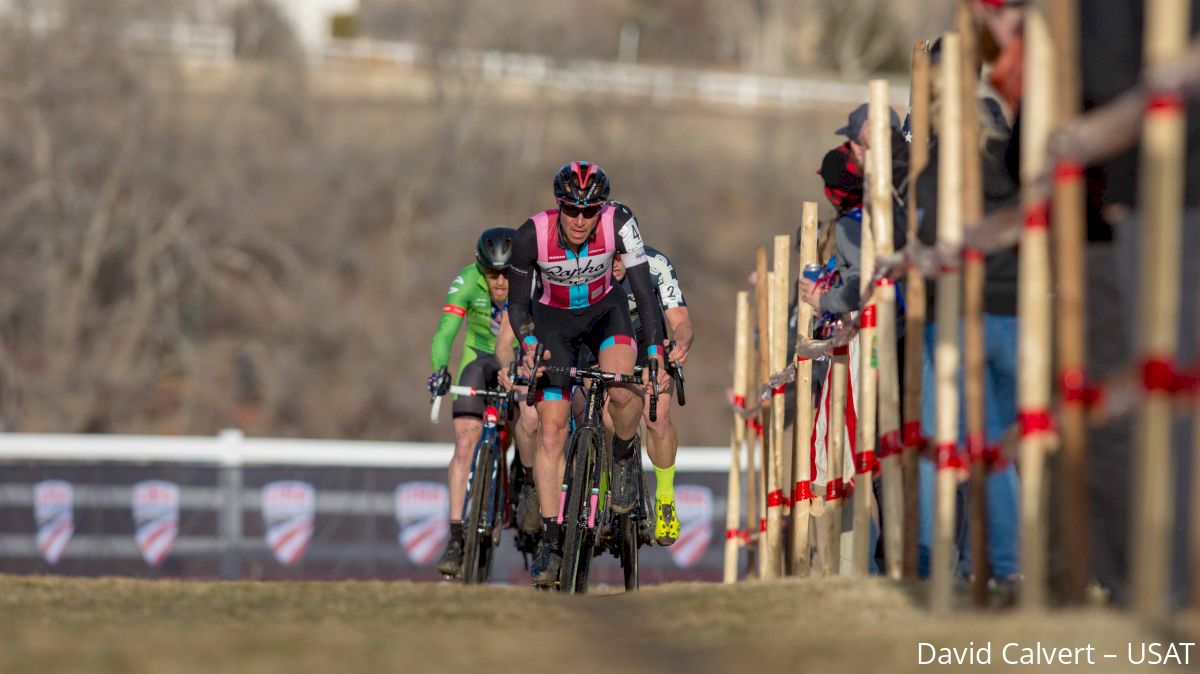
At the start of the 2018 cyclocross season, Jeremy Powers set a goal. He wanted to take a jersey back — either the Pan American championship or the U.S. national title.
In mid-November, he arrived at the Pan Am championships in Louisville, Kentucky, prepared to challenge Stephen Hyde for the crown. Powers had purposely dropped out of the Derby City Cup the day prior to the Pan Am race in order to save his legs for the title event.
During the Pan Am race, Powers was the last man to hang on Hyde’s rear wheel, holding him within a 10-second buffer. But roughly 20 minutes into the race, at the top of the course’s long, grinding climb, Powers abruptly turned into the pit area and quit.
He later revealed that he’d been struggling with a heart condition — medically known as "tachycardia" — throughout the 2018 season.
During races and in training, Powers’ heart rate would sometimes spike at well over 200 beats per minute, and refuse to come back down. He returned home and underwent a battery of tests to try and diagnose the condition.
However, doctors were unable to replicate his heart condition in a lab setting. With no clear indication of a physical abnormality, Powers believes the stress of his multi-faceted lifestyle may have triggered the condition.
He owns and runs the Aspire racing team featuring Ellen Noble and Spencer Petrov, and in 2018 he decided to bring back the Behind the Barriers video series. He helps manage the JAM Fund development squad. And he recently became a father.
All that is in addition to his continued dedication to be the best cyclocross racer in the U.S.
“The way that I was treating some of those day-to-day stressors that have changed in the last year for me, maybe were factors,” Powers says. “I always felt like I was taking care of myself, but I refocused, and tried to destress a bit, making sure that I was getting eight hours of sleep.”
Powers said he also began taking magnesium supplements in an effort to address potential electrolyte imbalances that he says can be linked to tachycardia.
In December, Powers begin training hard and racing again, and won a UCI race in Rhode Island.
“For me, that was a feather in the cap, because I hadn’t won a race in a year,” he says. “And, now I knew, okay, I can train, and I can push my body hard without repercussions.”
He flew to Dallas and competed in the Resolution Cross Cup UCI races, where he struggled and placed outside the top 10, and then he joined the JAM Fund squad at altitude in Albuquerque.
There, Powers put in two consecutive weeks of volume, training up to 25 hours a week before gradually tapering for nationals, doing shortly focused efforts and spending time motor-pacing behind a scooter.
When he arrived at the national championships in Reno, Powers says, “I was chomping at the bit.”
Though he didn’t win, Powers proved he can still set an ambitious goal — and execute.
Prior to the National Championships, you hadn’t faced a stacked domestic field in nearly two months. What gave you the confidence to take the lead in Reno and drive the pace early?
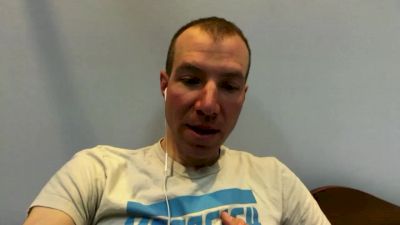
- Auto

- Auto
Few cyclocross prognosticators listed you amongst the top favorites for the win at Nationals. Did you show up with a chip on your shoulder, a desire to prove your doubters wrong?
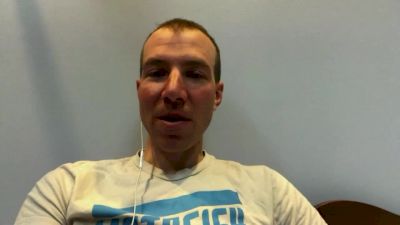
- Auto

- Auto
Even though you had one of your best races of the season at the pinnacle of the domestic calendar, do you have any lingering regrets over not winning the National Championships?
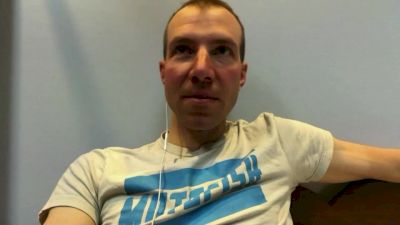
- Auto

- Auto
You didn’t make a trip to compete in Europe this year. Are you nervous at all about the World Championships serving as one of your first international races in the 2017-18 season?
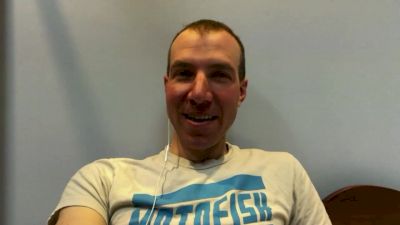
- Auto

- Auto
What are your personal expectations for Worlds, do you have a plan going into the race?
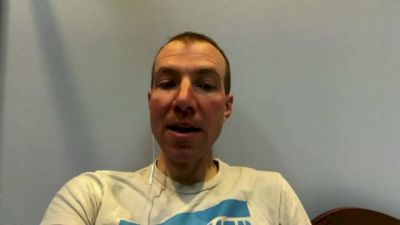
- Auto